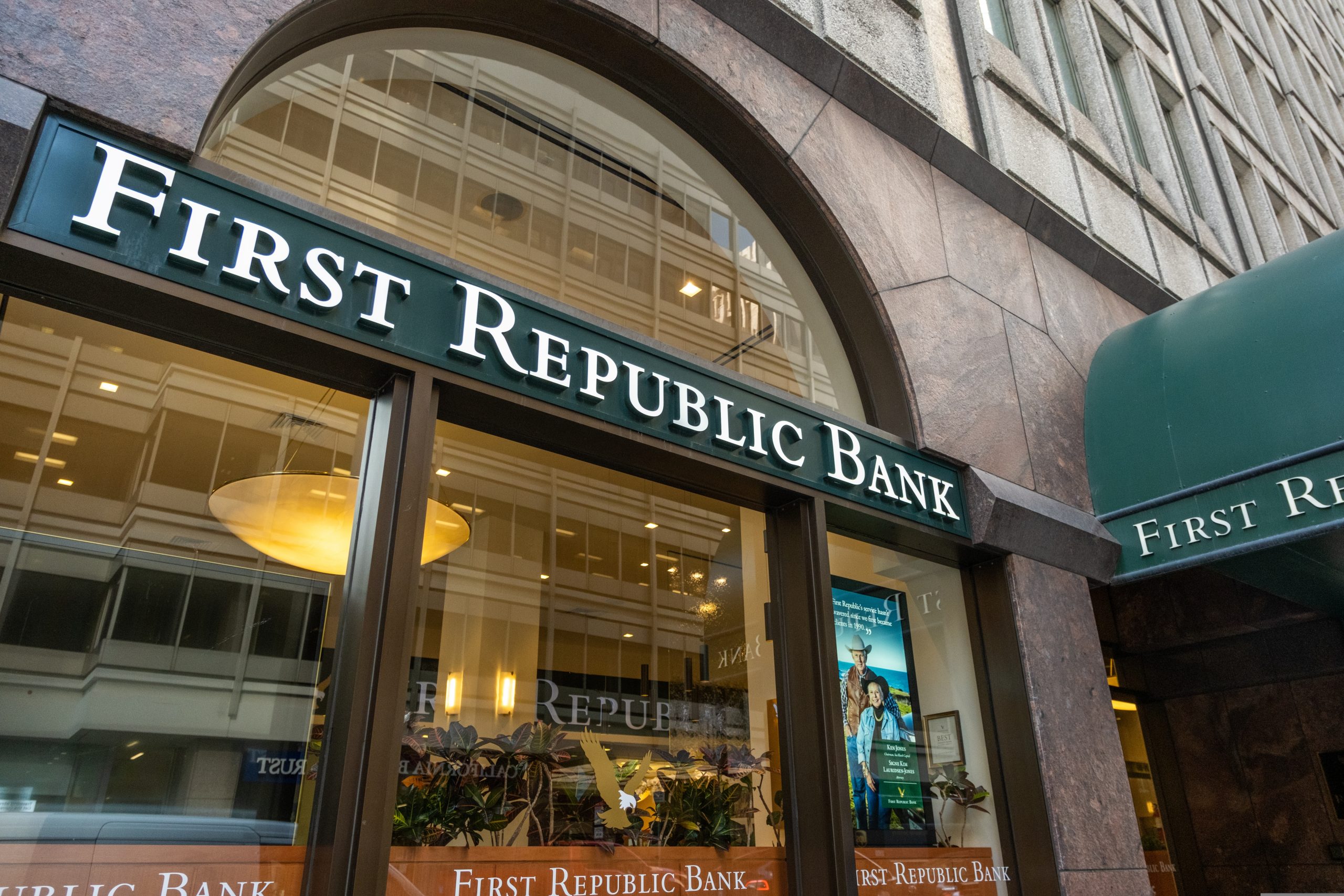

All investors use insights, trends, and data from across the globe to help them make decisions. Between the lines is an easy way for you to understand how a current topic might be impacting markets and influencing your investments.
House Speaker, Kevin McCarthy, and President Biden came to a highly anticipated agreement to raise the US debt ceiling in return for specific cuts to government spending. US Congress has now approved the deal to lift the country’s borrowing limit.
Investors had watched as McCarthy and Biden took until the last week of May to find an agreement. This saw short-term debt, usually the most boring and stable of financial instruments, see some of the sharpest yield rises with treasuries (US government bonds) maturing around the hypothetical ‘default date’ spiking above 6% before drifting down after the agreement was reached.
The 99-page bill has now successfully passed votes in both the House of Representatives and the Senate and will be signed into law by Biden days before the 5 June deadline. The deal sees the current debt ceiling of $31.4trn suspended until the next presidential election in November 2024. This allows the US government to pay its bills, and ensure the issue doesn’t interfere with the election.
The latest UK inflation numbers released on 24 May showed that the UK Consumer Prices Index (CPI) rose by 8.7% in the 12 months to April 2023. Although this was a fall compared to the previous figures, many commentators had been expecting more. Driven by falls in gas and electricity prices, food inflation only fell 0.1% with these levels remaining high at 19%.
Though inflation fell in April, the 8.7% figure for the month was above the consensus expectation of 8.2%. This was partly due to a rise in core CPI, which excludes energy, food, alcohol, and tobacco. At 6.8%, above the expected 6.2%, this is the highest UK core inflation has been since 1992. Ian Jensen-Humphreys, portfolio manager at Quilter Investors, is now wary of what comes next: “We fear UK inflation will be uncomfortably sticky – as a result, we would expect continued pressure on UK gilts (UK government bonds) with the Bank of England reluctantly continuing to raise interest rates in the coming months.”
With food prices still one of the most significant drivers of inflation, the UK government has responded with proposals to introduce retail price caps for basic goods, a policy generally seen by economists as heavy-handed and likely to introduce unintended consequences, such as supply shortages.
US chipmaker Nvidia briefly found itself among the handful of US companies worth more than $1tn (£800bn) when its shares surged after publishing impressive results and reporting “strong demand” for AI-supportive hardware.
In strong results that revealed a 19% surge in revenues, with $7.19bn recorded in the three months to 30 April. Nvidia has reported a bullish outlook for its involvement in the drive towards AI technology. The chipmaker’s hardware is already used in many AI applications, and CEO Jensen Huang declared the world is at the “tipping point of a new
computer era”. This caused Nvidia’s shares to rally nearly 30% in a day.
Other semiconductor firms such as AMD and TSMC have been swept up in the
excitement as investors are keen to lock in early exposure to the AI trend. Interest in this technology has rocketed since the introduction of OpenAI’s ChatGPT in November (discussed in Between the Lines). Debate continues about the implications and need for controls, but demand for this technology is undeniable.
By clicking this link you are departing from the regulated site of Ablestoke Financial Planning LLP.
Neither Ablestoke Financial Planning LLP nor Quilter Financial Planning accept responsibility for the accuracy of the information contained with this site.
Open Link